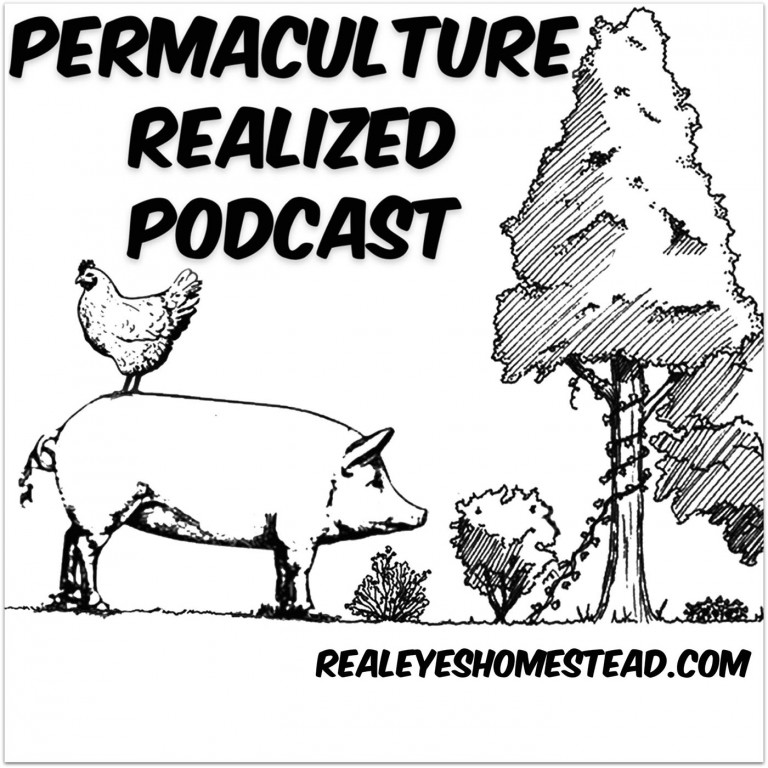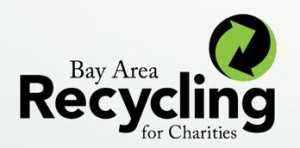I have a habit of getting inspired, or having a new insight and writing down pages of thoughts only to leave it unpublished and unfinished. I think this is because, in my head, every idea is connected to dozens of other ideas in interesting ways and it’s hard for me to not follow them down all these branching paths. I think this is also partly because I’m somewhat of a perfectionist when it comes to writing, unlike most other areas of my life where I’m happy to leave things messy and incomplete, like on my homestead. Fortunately, plants and soil are pretty good at self-maintaining once established. So hopefully I can apply this lesson to my writing, too, and get a few perennial ideas established without the need to flesh out every possible branch and leaf of it’s implication and application.
Recently, I’ve been playing with a metaphor to try to capture the current human predicament in a succinct, and visceral way.

Slowly Sinking Titanic – Global industrial civilization is like this giant ship we’re all riding along in. And it’s sinking, irreversibly (see the homepage for more details to support this claim). The process is slow though, unfolding over several generations or several centuries.
Class Inequality – There are some people in our society who are lower down in the sinking ship, who are already struggling to hold their heads above water; those in poverty. And there are some people who are so high in the upper decks, they don’t even realize the ship is sinking yet; the affluent. There are also some in the upper decks who are aware of the dire situation, but continue hoarding as many life-saving resources as they can; assholes. There are others in the mid-decks who see the situation, and are working hard to distribute the dwindling resources as equitably as possible, while also salvaging any parts they can from the wreckage to provision the lifeboats.
The Sea – The sea upon which the ship was riding, represents the vast web of living beings providing many of the resources that fueled the ship; soil for food, oxygen for breathing, water purification and distribution, energy from the sun and fossil sources. (Not to suggest the value of this sea of life is based only on its utility to humans and our various boats) What the metaphor doesn’t fully capture is how the sinking ship is having a profound effect on this sea of life. In fact, the reason the ship is sinking is largely because it’s undermining the stability of this sea itself.
Lifeboats – These are pockets of society that are able to ride upon this sea of life, partially independent of the titanic monstrosity. Some of the strongest are those that have been in operation for generations, and never fully offloaded their occupants to the industrial supply chains; traditional subsistence communities. There are other, newer lifeboats popping up all over the world; those pioneering such movements as ecovillages, small-scale organic farms, homesteads and more. My project here, Realize Homestead falls into this category.
Hopefully this is all clear enough so far.
From this perspective, we can draw some helpful lessons.
- While we can be quite sure the ship is sinking, what’s uncertain is if the lifeboats will ever reach a safe harbor in some distant future. (Beyond our lifetimes) Despite this uncertainty, it’s still the most sensible approach to operate on the assumption that they might, and so it’s worth it to try.
- Given the long-term nature of the sinking, it’s probably best for ones mental health to not dwell too much on the tragedy of the situation, but instead focus on life-affirming responses. (without becoming one of those passengers in denial) Similarly, we all know we are each trapped within the sinking ship of our mortal bodies. We can choose to dwell on the sadness of our inevitable decline and death, or we can choose to focus on celebrating and making the most of our time alive.
- There are more and less humane ways to go down. If we allow a handful of passengers to hoard all the resources, while vast multitudes suffer and drown, this is inhumane. While we must accept that we will all ultimately “drown,” (die) we can at least ease the process for as many as possible, just as we hospice those near death.
- There are also more and less destructive ways for the ship to go down. We shouldn’t pretend that there’s room for everyone in the upper decks of the sinking ship. If we focus all energy and resources on trying to prevent the inevitable, then likely it will continue to undermine the sea of life that supports us, making a worse situation for all those in the ship, in the lifeboats, and in the sea. Instead, if we focus our energy on building the lifeboats, and are able to let go of the sinking ship sooner this will leave a stronger sea upon which to carry on our human journey.
Here we are together, on this sinking ship. There is no rescue ship coming; no fleet of rocket ships we can build to escape it, nor infinite digital dreamland to ferry our consciousness away to. After we’ve taken all the practical steps to distribute the remaining resources and prepare the lifeboats, what’s left to do but sing, make art, tell stories, give, and show love?
“Life is a shipwreck but we must not forget to sing in the lifeboats.” – Voltaire
Now, to take this perspective into practice/application I suggest looking into movements that have internalized this predicament like Transition Towns, and Local Futures.




